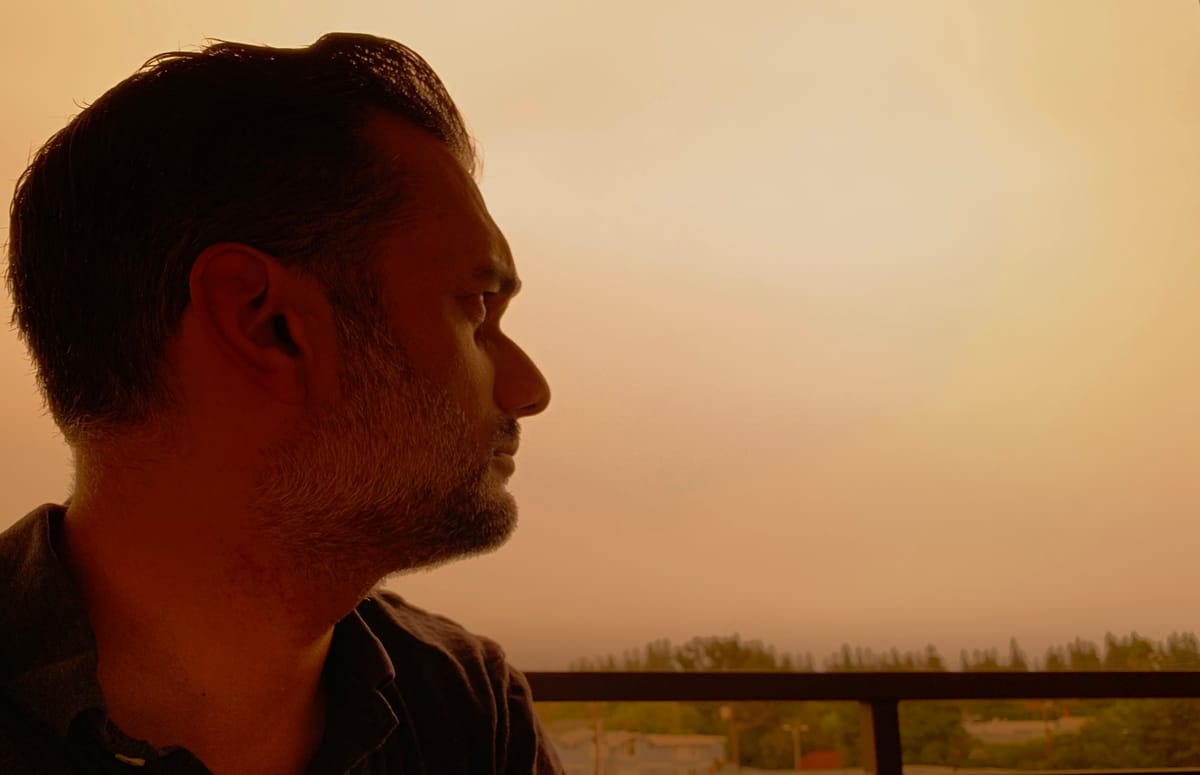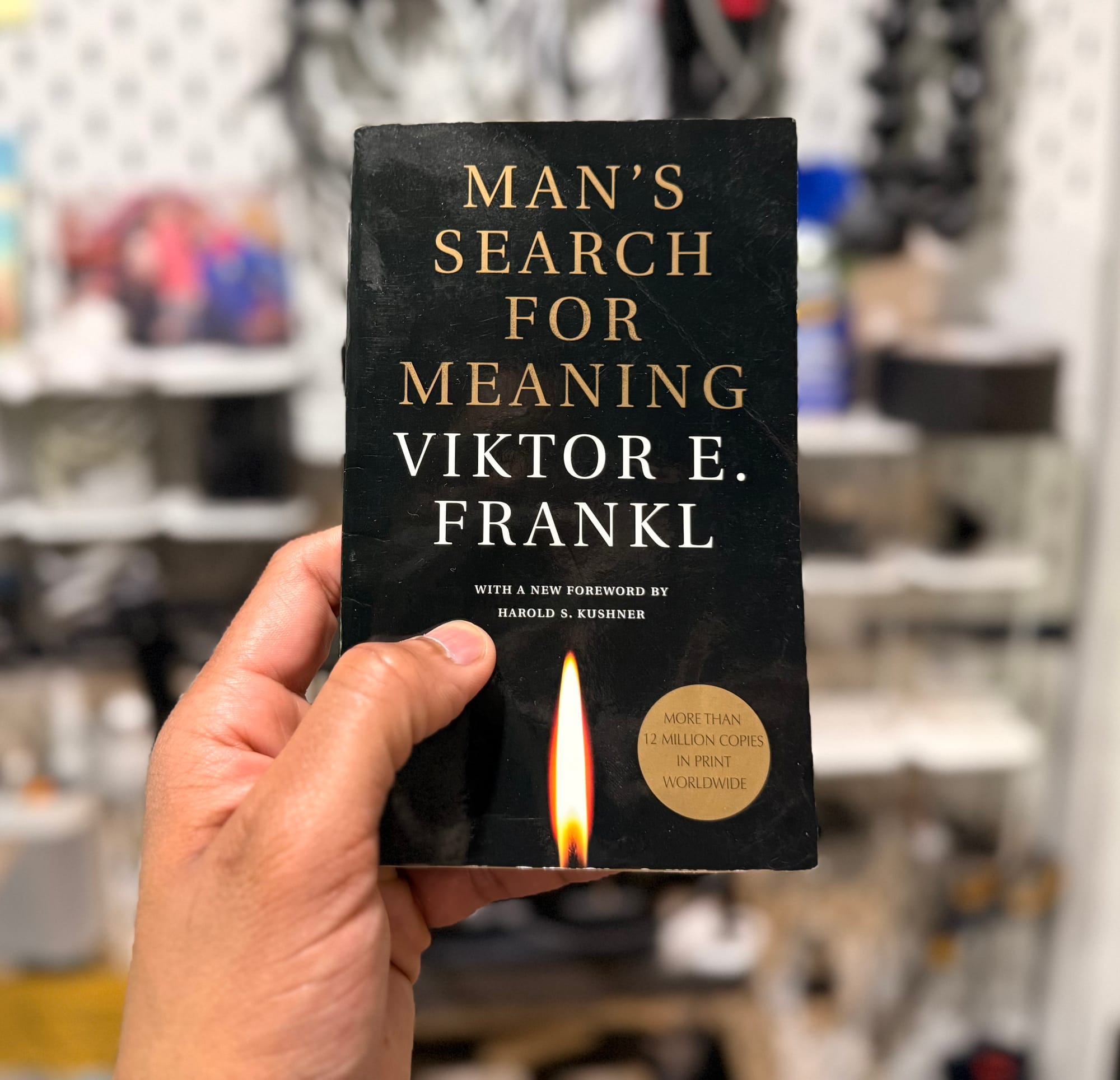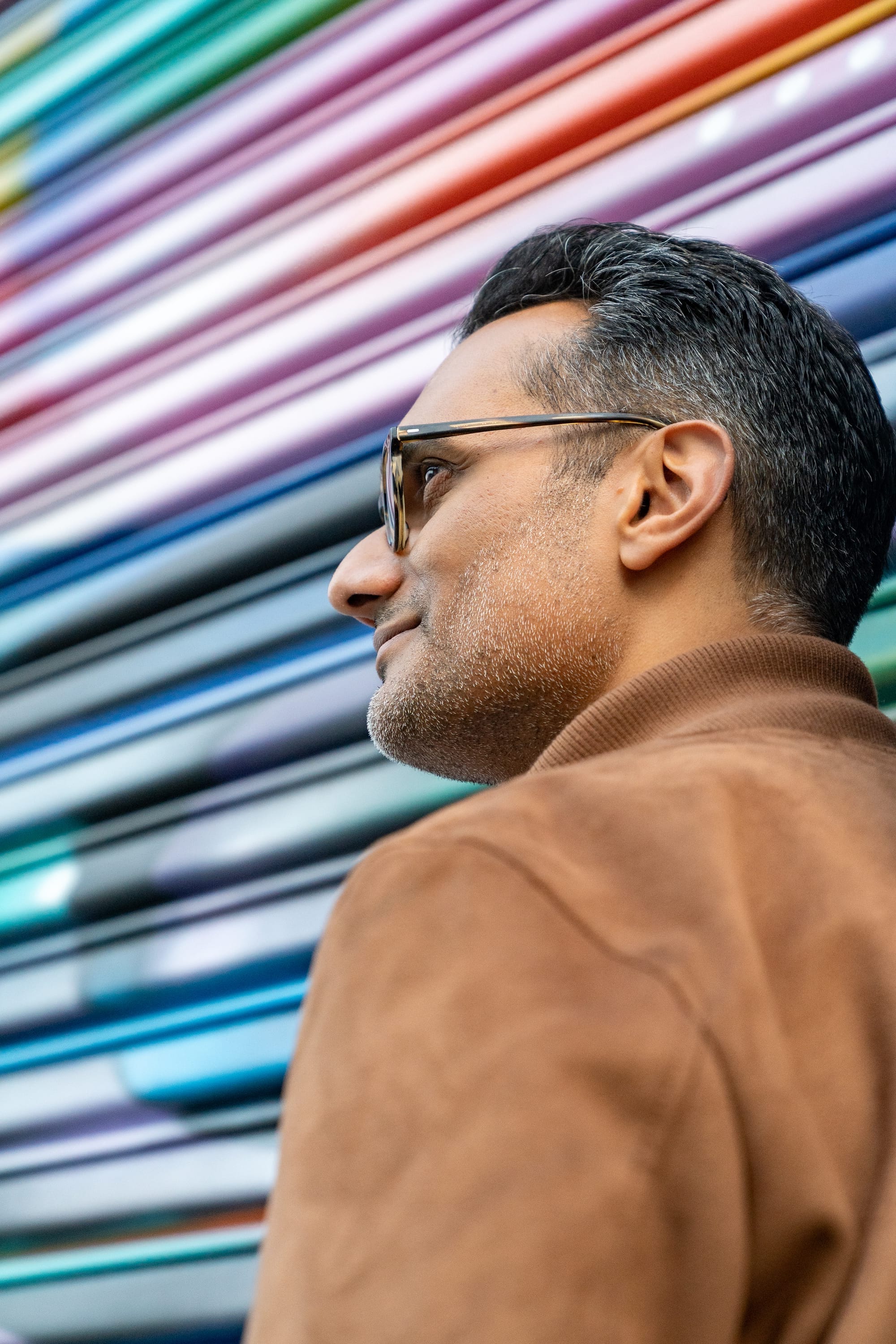Numb ≠ Broken
This is a normal response to an abnormal world

In the last lesson you learned how to take back control of your attention from the algorithms.
Now, let’s talk about where your mind might go when the noise fades.
A few weeks ago, I got a message from someone named Yuki.
It became the reason I made this course.
Here’s what he said:
I’ve been feeling numb. The world’s unraveling, and I’m stuck on autopilot: wake up, eat, work out, scroll, sleep, repeat. There’s so much suffering, and I feel disconnected. I keep wondering if I’m broken.
Yuki’s message hit me hard because I’ve been feeling some of the same.
As a ’90s kid, I grew up believing things were getting better. That humanity could solve big problems.
- We fixed the ozone layer.
- America and Russia made peace.
- We connected the world through the internet.
But the last few years have shattered that optimism.
- The world keeps getting warmer.
- Nationalism is rising, everywhere.
- Technology is driving disconnection.
We live in a time of extraordinary uncertainty. And for many of us, that triggers fear, grief, and numbness.
But feeling numb right now doesn’t mean you’re broken. It’s a normal response to an abnormal world.
This isn’t just in your head. According to the American Psychological Association, 77% of U.S. adults say the future of America is a significant source of stress, and more than half fear that democracy might be coming to an end.
And that data’s from last year. I can only imagine what those numbers look like now.
So many forces brought us to this place. But COVID cracked something wide open. It reminded us how interconnected we are and how helpless we can be.
That scared us.
Now countries are pulling back. Turning inward. But we can’t solve problems this big in isolation.
And so we’re left with the question a lot of us are quietly asking:
"What's the point anymore?"
We Are Questioned by Life

This brings me to psychologist Dr. Viktor Frankl.
Frankl survived the Holocaust. He lost his wife, parents, and brother in Nazi concentration camps. He endured unspeakable suffering. And what he wrote in Man’s Search for Meaning has helped millions:
“When we are no longer able to change a situation, we are challenged to change ourselves.”
He reframed the question of suffering from:
Why is this happening to me?
to
What is life asking of me right now?
Frankl believed meaning must be discovered:
- We must find ways to do purposeful work.
- To care for others.
- To bring courage to difficult times.
What I’ve taken from Frankl’s work is this:
Meaning isn’t something you find once. It’s something you continuously create, day by day, through how you respond to what life throws at you.
How I Found Meaning Again

Lately, I haven’t focused on some grand career milestone. I don’t believe in those anymore.
- I became a psychologist only to discover the mental healthcare system is a total disaster.
- I got my dream job then left because the university drove me to burnout.
- I crossed 100,000 subscribers on YouTube…and nothing changed in my life at all.
Coming out of the pandemic, with wildfires and floods hitting my community, I felt lost.
Until I turned local. Like…very local.
Now I get meaning by being of service to my neighbors. My children’s schools. My friends. My family.
I know from my work how many people are suffering right now. How many are stretched thin. How bleak the world looks.
I also know I like being with people. I can be funny (sometimes). I’m able-bodied and in good health.
So I try, as best as I can, to be the best part of someone’s day.
That might mean sweeping leaves off my neighbor’s sidewalk. Helping an older couple with their phone. Checking in on friends. Creating opportunities for people to be together.
It might sound insignificant. But every time I have these moments, I walk away feeling like I made a tangible, positive difference in someone’s life.
And that’s everything.
You might not be like me.
In fact, many of you have told me that one of your biggest struggles is finding the confidence to connect with other people.
But I know you have some strengths. Some gift. Something you can do that will help someone else. Something you can create that will put good into the world.
It might be as simple as noticing one person you see every day and helping them with something they struggle with every day.
Find that thing.
Make it your thing.
That’s more than enough.
It’s how we build the strength to keep moving forward.
Small steps. Real progress.

I hope this course has shown you that stress isn’t just something to fix. It’s a message. It’s asking you to show up. To take action.
And what we need now, more than ever, is for you to show up.
That’s what I’ve tried to do here. To show up for you in this unprecedented…yuck we’re in.
So let me ask you:
What is life asking of you right now?
A) Doing work that matters
B) Caring for others
C) Enduring something with strength
D) I’m still figuring it out
Don’t let the noise of the world sabotage you.
You don’t need to have it all figured out.
You just need one step.
One small spark.
Start there.
Start somewhere.
Start now.
Dr. Ali